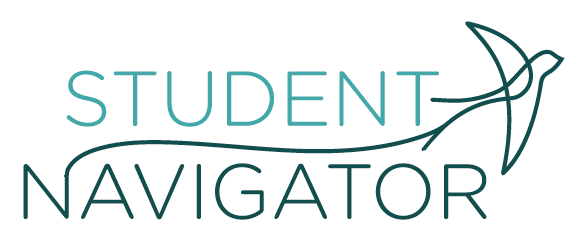When writing your UCAS personal statement, there are a few basic guidelines that you can follow to make it more effective.
Obviously, there is the length of four thousand characters (with spaces) which is a must. Do aim to use up as much of this allowance as possible. If it is short, it will appear as though you don’t have much to write about. You want your personal statement to be bursting with ideas and enthusiasm for your chosen course.
Our Top Ten Tips at Student Navigator
- The more academic the UCAS personal statement, the better. Aim for at least two thirds academic. Academic in this context means linked to your chosen course.
- Brainstorm everything you have done that is linked to your chosen course. For example books you have read, visits you have made, personal achievements linked to your course.
- Plan your UCAS personal statement carefully, seeking advice from your teachers, family and friends.
- Begin your personal statement in an original way, that is personal to you. This could be a topic linked to your course that you have enjoyed studying. View your personal statement as an interesting piece of original writing.
- Come across as passionate about your chosen course.
- Start with the academic parts of your UCAS personal statement and finish with the more personal elements.
- Try to avoid over-used words and phrases like, ‘always’ and ‘since a young age’.
- Be specific and provide details. If you have read a book, provide the title and the author. If you play an instrument in an orchestra, state the instrument and when you started playing?
- Ensure that you check your spelling, punctuation and grammar. This includes avoiding the use of text language and abbreviations. The same rules apply as with any other formal piece of writing.
- Be honest. Your UCAS personal statement is often the first point of reference in an interview, so you don’t want to get caught out on an article or book that you have mentioned, but haven’t read!
Relevant Academic Experience to include:
- Topic areas you have studied that interest you…the more detailed the better.
- Any work experience, voluntary and paid, related to your chosen course.
- Books and articles that you have read related to your chosen course.
- Visits, workshops, lectures, summer schools and residentials that you have attended and are related to your chosen course or higher education.
- Academic strengths and skills that you have and will be useful when studying your chosen course.
Relevant Personal Experience to include:
- Any voluntary experience that you have done in school or out of school.
- Your extra-curricular achievements.
- Other languages that you speak.
- Skills and qualities that you possess and how you have demonstrated them.
- School achievements e.g. prefect, house captain, school council.
- Any adversity that you have had to overcome.
Your UCAS Reference
Your tutor or Head of Sixth Form will write a reference as part of your UCAS application. It is important that they have the relevant information to include in their reference. If you have a hobby out of school or have had to overcome personal obstacles in your life, make sure they know and have the details, as they might want to elaborate on it in their reference.
Here are www.studentnavigator.co.uk we offer guidance and support in writing your personal statement and making your UCAS application.
Contact us today to find out how we can support you.

